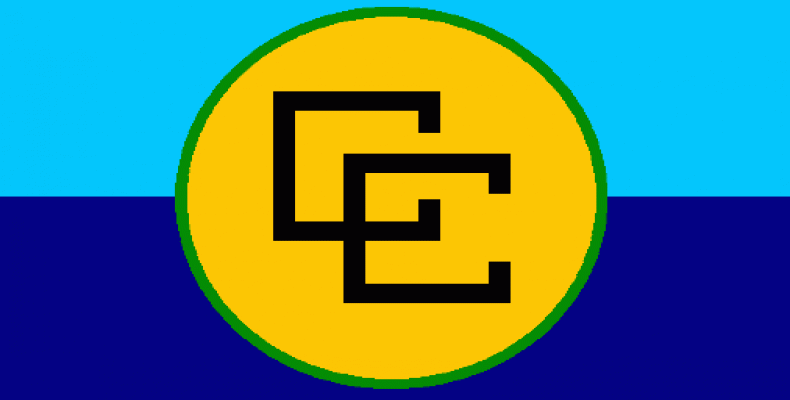Kingston, May 10 (RHC)-- Leaders from the Caribbean Community, or CARICOM, have been called on to send a fact-finding mission to neighboring Venezuela in order to make an informed analysis of the ongoing situation in the country.
David Comissiong, the interim Chairperson of the Caribbean chapter of the International Network In Defense of Humanity, said in a letter that it was vital for CARICOM governments to get a clearer picture of the events unfolding in Venezuela. He stated the objective of the fact-finding mission would be present accurate and objective analysis of the situation.
Comissiong accused Luis Almagro, the General Secretary of the Organization of American States, of leading a "wicked campaign against Venezuela," with the OAS head championing the application of the organization's 'Democratic Charter' against the country.
"Luis Almagro, the current Secretary General of the OAS, is a virulent right-wing former Foreign Minister of Uruguay who possesses a deep hatred of President Maduro and his PSUV administration," he said in the statement.
Comissiong also said the opposition-led National Assembly was refusing to carry out their lawful duties, rendering the government dysfunctional. "They (opposition parties) were publicly declaring that they had no interest in carrying out any law-making functions other than to use their time and energy to somehow get rid of President Maduro before his lawful, constitutional term of office comes to an end in 2018."
He said violence and vandalism of during opposition-backed protests were "consciously designed manifestations orchestrated by the wealthy elitist opposition politicians." Comissiong also urged media houses in the English-speaking Caribbean to send an investigative team to Venezuela, saying western media's reports on Venezuela are skewed and distorted.
Despite repeated calls by the Venezuelan government for peaceful dialogue and negotiations with the opposition, protests have continued in the streets, with more radical elements employing violence in efforts to force an ouster of President Nicolas Maduro.
Maduro has looked to ease tensions by calling for a National Constituent Assembly that would open up discussions with civil society on a broad restructuring of the state, but opposition leader have also rejected the call and set off a fresh wave of protests which have led to the deaths of some three dozen people in just over a month.
The United States government, a long-time opponent of the left-wing government, has recently set its sights on the Caribbean as part of a strategy to isolate the country.
The bipartisan Venezuela Humanitarian Assistance and Defense of Democratic Governance Act presented in the U.S. Senate not only seeks to pump millions to opposition efforts to undermine the Maduro government, but also looks to woo the Caribbean through a 'strengthening' of strengthen the U.S.-backed Caribbean Energy Security Initiative, as well as financially support regional investment energy diversification across the Caribbean and Central America.
As part of a wider international effort, the U.S. would leverage the Caribbean to respond to the crisis, where many Caribbean countries “which depend largely on high cost imported fuel for electricity generation, and many of which have benefited from preferential treatment by Venezuela,” the bill states.
CARICOM Leaders Urged to Send Fact Finding Mission to Venezuela


